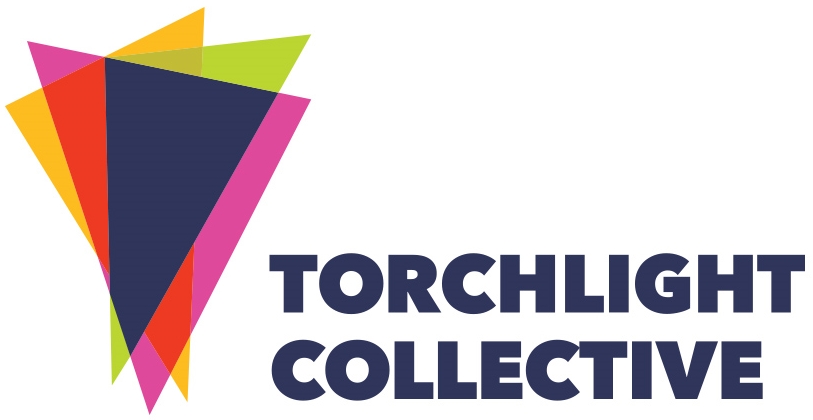Originally posted on Kenya Adolescent and Youth Sexual and Reproductive Health and Rights Network
In the lead up to the 5th International Conference on Family Planning (ICFP) in Kigali, Rwanda the Kenya Adolescent and Youth Sexual Reproductive Network organized the #ICFPYouthRelay to highlight the role of youth in the process of holding their governments accountable and share young people’s stories and perspectives.
The relay consisted of three satellite events in Nairobi, Kisumu, and Mombasa. During the events, youth advocates met with decision-makers, shared information on family planning, and gathered stories on their experiences accessing and using family planning commodities and services.
In Mombasa, the Reproductive Health coordinator for the county shared the five-year family planning costed implementation plan that highlights the county’s investments through the budgeting process. The event also encouraged young people to share their, often difficult, experiences of accessing family planning commodities.
The event in Kisumu engaged decision-makers in a dialogue on young people’s use of contraceptives. The youth participants expressed particular concern that they are not receiving information on family planning methods and that is why they are not using modern contraceptives.
During the event in Nairobi, young people confronted the Directorate of the Youth and Reproductive Health Unit about why funds allocated in the annual health development expenditure in the county had not yet been used. The youth also asked why there is a discrepancy with information on family planning commodities. For example, the policymakers indicated that reproductive health commodities are free at health centers, but the government website says the cost is $8 USD.
The #ICFPYouthRelay gave youth the opportunity to express their concerns about their inability to access a wide range of family planning information and methods in facilities because of low stock or stock outs. They also clearly linked this this lack of information and supplies to the high incidence of HIV, STIs, and unintended pregnancies in the county.
Additionally, the Relay allowed youth a space to hold the government accountable their commitments, including the 2001 Abuja Declaration where Kenya promised to increase the health budget to 15% of total government spending. To date, the allocation has stagnated at around 6%. All of this input from young people across the country was captured and integrated into the Kenyan Youth Declaration on ICFP, which is bring promoted at ICFP and has been posted on online for signatures.
Here are some ways you can support the #ICFPYouthRelay:
SIGN the Kenyan Youth Declaration on ICFP
READ the feature post in Johns Hopkins Bloomberg School of Public Health Global Health Now blog
CHECK OUT the hashtag #ICFPYouthRelay on Twitter, Facebook, and Instagram
FOLLOW KAYSRHR on Twitter, Facebook, and Instagram for updates on what’s next for the network

